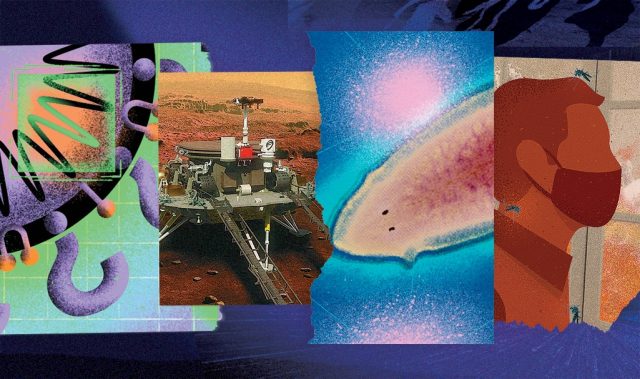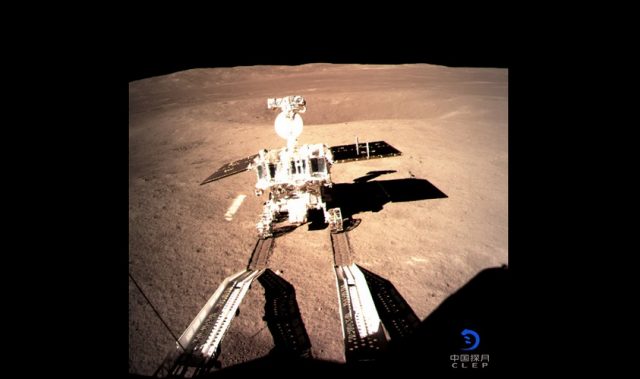
AsianScientist (Dec. 7, 2016) – TeamIndus, a space technology enterprise, has announced a verified commercial launch contract with the Indian Space Research Organization (ISRO) to land a spacecraft on the Moon as part of its bid to win the Google Lunar XPRIZE. TeamIndus is the only Indian team competing for the prize.
The US$30 million Google Lunar XPRIZE is an innovation engine, a facilitator of exponential change, and a catalyst for the benefit of humanity. Its goal is to ignite a new era of space exploration. To win the prize, privately-funded teams must land their spacecraft on the surface of the Moon, travel 500 meters, and broadcast HD video, images, and data back to Earth.
In late 2017, seven years after this group of Indian entrepreneurs with no aerospace experience signed up, TeamIndus will launch its spacecraft bound for the Moon aboard the Polar Satellite Launch Vehicle (PSLV). The TeamIndus spacecraft was designed and developed in Bangalore by a 100-person engineering team, including 20 retired ISRO scientists.
In a launch window starting on December 28, 2017, the PSLV will inject the spacecraft into orbit around the Earth. The spacecraft will then undertake a 21-day journey to soft land in Mare Imbrium, a region in the northwestern hemisphere of the Moon.
After landing in Mare Imbrium, the spacecraft will deploy all its payload, including the TeamIndus Rover that will traverse 500 meters on the Moon’s surface in order to accomplish its Google Lunar XPRIZE objectives.
———
Source: TeamIndus; Photo: Pixabay.
Disclaimer: This article does not necessarily reflect the views of AsianScientist or its staff.












